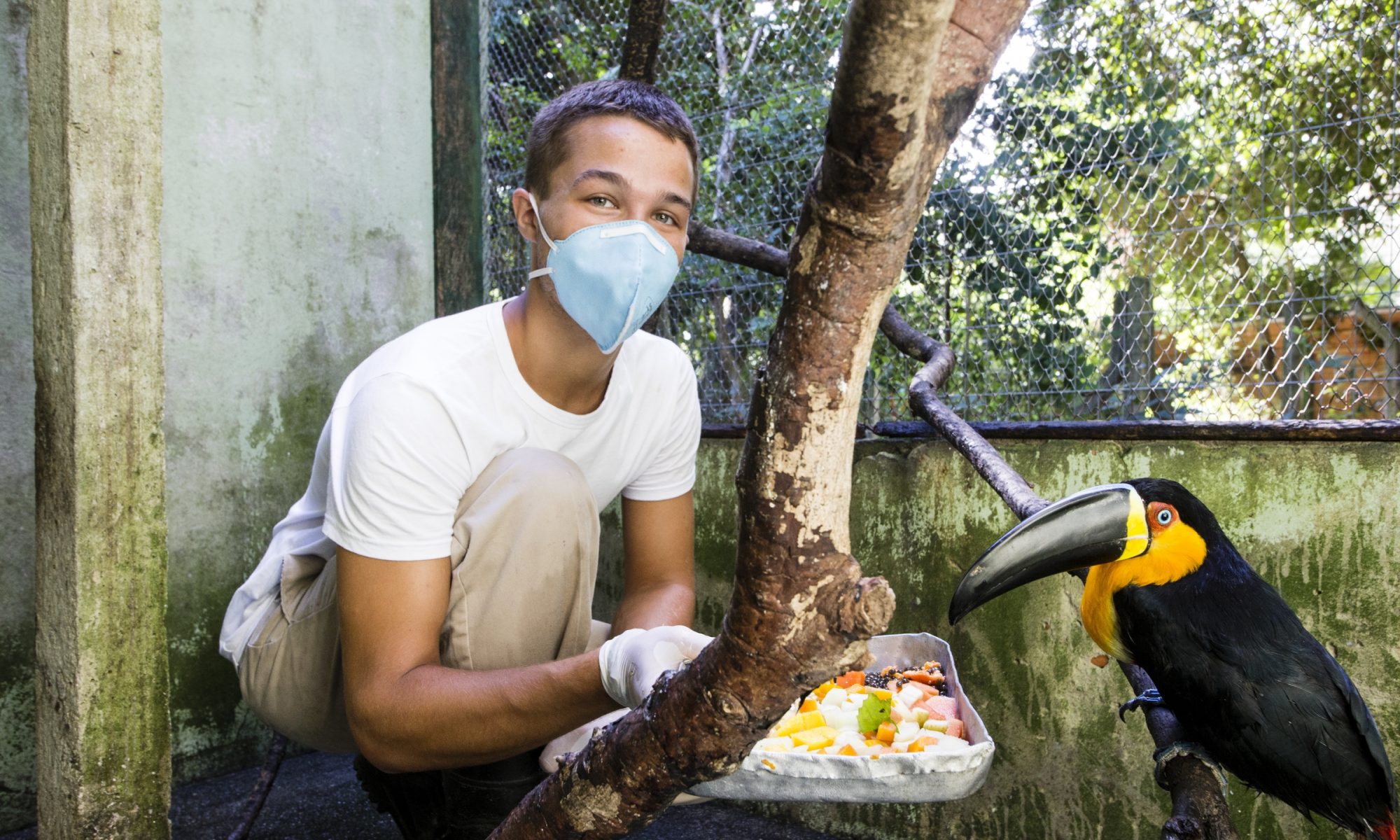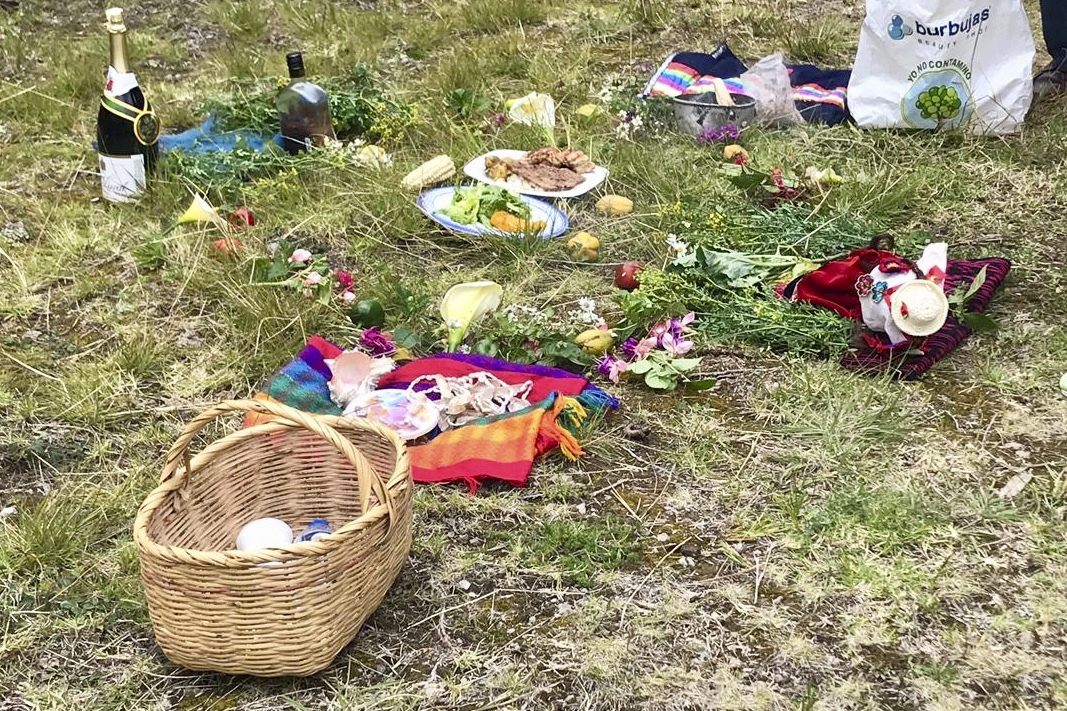By Sam, Tufts 1+4 Participant
For the first time in my life, I truly feel like an outsider. As a straight white man in suburban America, I’ve enjoyed the privilege of almost never having to truly feel out of place. And although I’ve done my best to both acknowledge and use my privilege to help those who lack it, it has comforted and supported me since birth. My experience in Cuenca has been a different story. Instead of being a pillar of society, goofy white boys such as myself are looked at funny, generally unwanted, and thought of as stupid until proven otherwise. Obviously the prejudice I’ve dealt with is child’s play to most marginalized groups in America, but I’ve felt it significantly nonetheless.
While everyone else has to bus, taxi, or carpool to and from Spanish classes every day, I have the blessing of being able to walk. Walking by yourself is a truly unique experience in that it’s something everyone has to do. I feel like a full blown gringo when I’m sitting in Spanish class, browsing the market, or buying food, but when I walk the big red target on my back seems to go away.
I’ve found in life that everyone has to walk. Life simply can’t go on without it. You can be the richest person in the world and you still have to walk from your king sized bed to your monogramed elevator every morning. When I walk through the streets of Cuenca I feel a connection to those around me in a way that my identity normally prevents. We may not like or even know each other, but we’re forever bonded in that we all have to walk to get to where we need to go. In that way I’m just another face in the crowd, with the same immediate purpose as those around me. And although the Cuencanos may never understand my reason for being here or want me in their city, they can at least understand that I too have a purpose, that I too am bound by obligations and the regular necessities of life. On the other side, although I may never belong here, when I walk I can feel raw and instinctive empathy, as opposed to manufactured and observational sympathy for the people around me. For that, I am extremely grateful for the need to walk.








